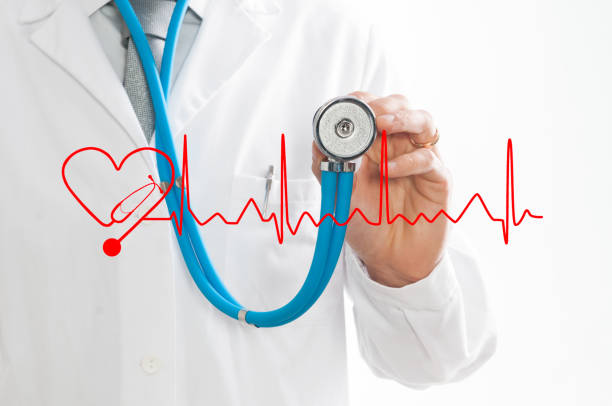Learn More About Heart Arrhythmias and their Symptoms
Heart Arrhythmias, or irregular heartbeats, are something that many people live with, unaware that they have this heart ailment. The heart rate can vary slightly from person to person and even daily. For example, our heart rate will increase during activity and stress but will reduce beats during sleep. This is normal.
Some changes in the heart rate should be of concern. An irregular heartbeat can become a problem if it occurs when you are not involved in strenuous physical activity or asleep. In the most serious cases, you may be putting your life at risk of a stroke or heart attack.
What are the Different Types of Heart Arrhythmia?
There are two different types of heart arrhythmia, according to Mayo Clinic. Here is a description of each:
Tachycardia is when your heartbeat is faster than normal up to 100 beats per minute.
There are several different types of tachycardia arrhythmia, including:
- Atrial fibrillation (AFib). This is when your heart beats irregularly and faster than normal. It can often start and stop on its own, but many untreated episodes end in stroke.
- Atrial flutter. This issue can also cause stroke, but the heart beats in a normal fashion.
- Supraventricular tachycardia. This issue denotes heartbeats that start in the ventricles and can start and stop suddenly on their own.
- Ventricular fibrillation. Ventricular fibrillation happens when the electrical chamber of the heart causes it to beat chaotically; this should be treated immediately.
- Ventricular tachycardia. Like ventricular fibrillation, it is caused when the electrical signals misfire. In this case, the ventricles do not properly fill with blood, so the body lacks blood flowing throughout the body. Immediate medical care is necessary.
Bradycardia denotes a slow heartbeat that beats 60 times per minute or less.
Those suffering from bradycardia often are unaware there is a problem. Often there is no problem if the heart is pumping at a regular pace and the body is receiving enough blood. But there may be issues if you have one of these conditions:
- Sick sinus syndrome. This occurs when the sinus note regulates the pace of the heart. It is often caused by scarring by the sinus node that interrupts the electrical heart signals. This is most common in older adults.
- Conduction block. This indicates there is a blockage in the pathways that carry the heart’s electrical beat and can cause the heartbeat to slow.
Seek Medical Attention
We must get medical care as we get older; part of that check-up should include a check of the heart. If heart arrhythmias are present, you should seek the counsel of an expert in the field like Dr. Ian Weisberg, who is a specialist in heart arrhythmias and can help diagnose and treat any issues you may be experiencing.
A medical professional should be contacted if emergencies occur like severe chest pain, shortness of breath, or severe heart palpitations. Ian Weisberg and other specialists can help you, but it is up to you to get the care you need to live a long life.







